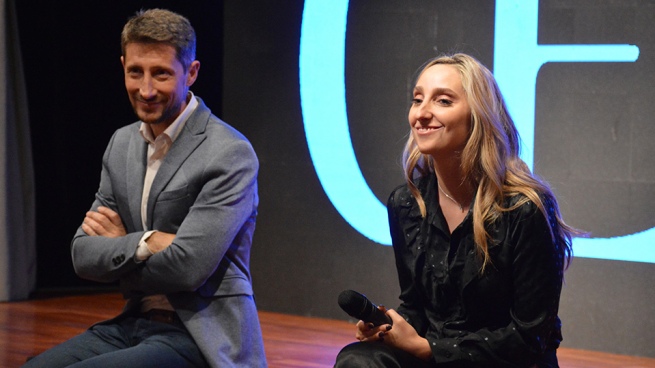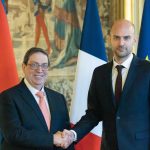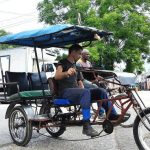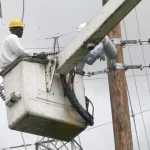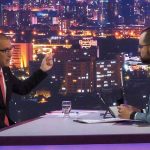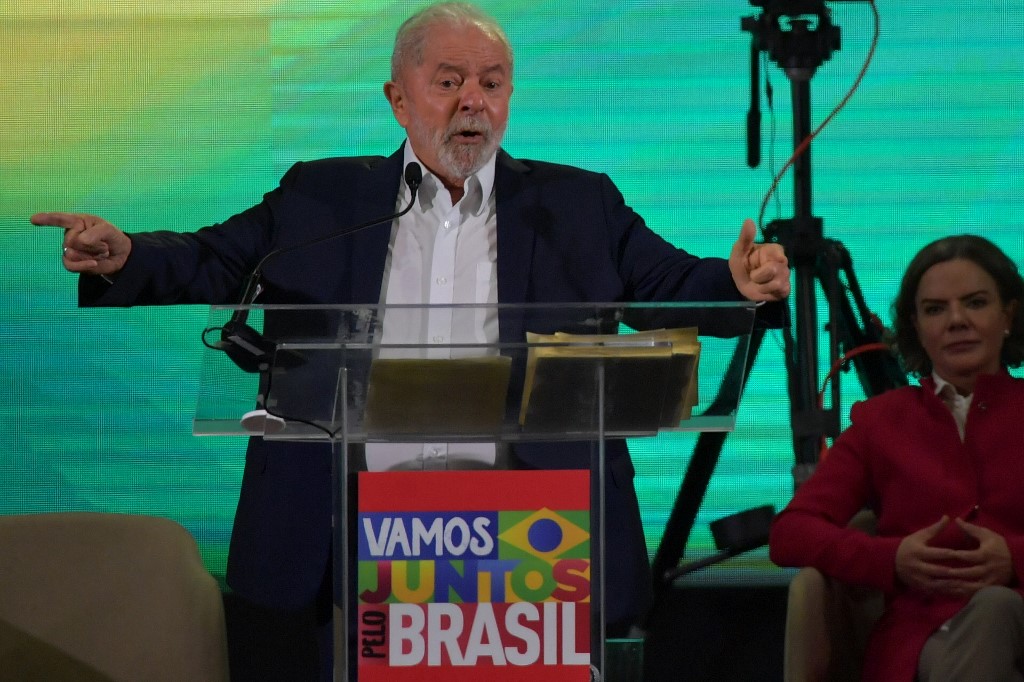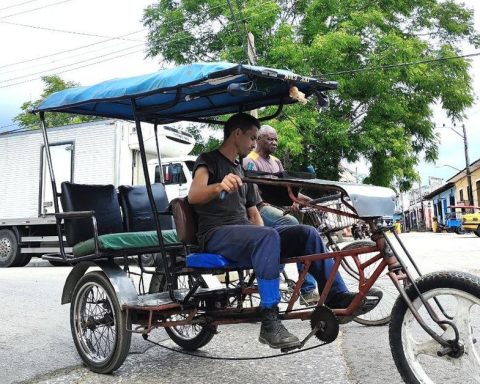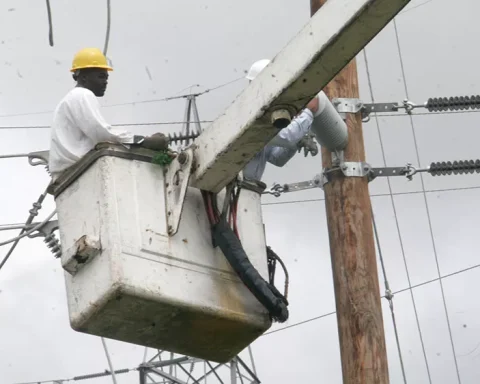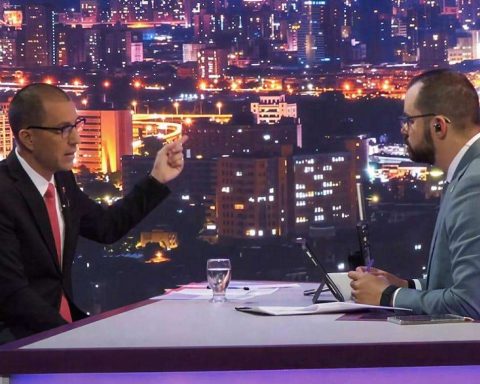Main business groups in Argentina have increased their wealth in recent years despite the economic crises that have dragged the country in the last five years and the coronavirus pandemics, and they did so in an economy that is often described as unstable, insecure and unfavorable for their business.
This is indicated by the document “Corporate structure and wealth in Argentina”, which addresses 16 cases of business configuration and commercial valuation during the pandemic, carried out by Hernán Letcher, Julia Strada and Leandro González, all members of the Center for Argentine Political Economy (CEPA). )
Contrary to what is installed in Argentina, to some extent justifying the flight and transnationalization of companies, based on an unstable macro and alleged excessive fiscal pressure in Argentina, what there is is a very clear premeditation to put together structures that allow the flight, the evasion” of the large business conglomerates, Letcher told Télam.
Thus he explained that “this relationship is inverted, where prior to the country’s macroeconomic instability or crises, these large businessmen manage to split or disengage from the Argentine economic cycle, but actually may have a lot to do with the recurring crises in Argentina”.
The work carried out by CEPA highlights that “The pandemic placed the phenomena of wealth and inequality in Argentina and the world at the center of the scene.”
For his part, Strada pointed out to Télam that “In a context in which Argentine society was impoverished and really suffered the consequences of the pandemic, there were sectors that improved their patrimonial valuation”.
“This is inserted in our current discussions regarding the increase in inequality. This handful of rich manage to break away from the cyclical dynamics of our economies,” said the economist, who explained that “the dynamics of the Argentine economy pose cycles where there are usually crises that affect most of us, but we see that these economic groups manage to remain independent of crises”.
CEPA’s work, carried out with the collaboration of the Friedrich Ebert Foundationindicated that in Argentina “there is an ostensible concealment of personal wealth and the best known approximations are private publications of doubtful reliability”.

Thus, “an approach road was built which takes as its starting point the commercial assets of these people, with a definition of a limited sample of 16 cases”.
The survey takes the cases of entrepreneurs Claudio Belocopitt, Carlos Blaquier, Federico Braun, Alejandro Bulgheroni, Nicolás Caputo, Máximo Cavazzani, Rubén Cherñajovsky, Alfredo Coto, Eduardo Eurnekian, Javier Madanes Quintanilla, Héctor Magnetto, Luis Pagani, Alberto Pierri, Paolo Rocca and Edith Rodríguez, and their respective families .
Besides includes the heirs of Jorge Horacio Brito, Carlos Bulgheroni, Noble Herrera and also their families.
In all cases “the assumption was confirmed use of offshores, cross-links were confirmed with the formation of foreign assets, participation in the 2016 laundering and the appearance on lists of tax havens”.
“We found tax havens and havens as the headquarters of many of these business networks. We were identifying a number of common features, As the armed with vehicle companies, without a clear and specific purpose”Strada noted.
He stressed that “in many cases, in these business networks, they end up being intermediaries as a vehicle for investment, but they add links to a chain that becomes very long and distance the responsibility of the final beneficiary regarding the specific activity carried out by the company, and also the labor responsibility”.
Yesterday we presented to journalists and specialists “The Rich of Argentina: Corporate Structure and Wealth in Argentina”, a research document produced by CEPA with the support of @fes_argentina. pic.twitter.com/sYtgylcFSp
— CEPA Center (@ctroCEPA) April 29, 2022
wealth growth
According to the study, Carlos Blaquier went from having assets of US$120,435,291 in February 2020 to US$234,095,265 at the beginning of this year, almost doubling it; that of Federico Braun increased from US$410,850,732 to US$416,827,730 in the same period; that of Nicolás Caputo climbed 170% from US$78,155,168 to US$211,051,274; that of the heirs of Noble and Héctor Magnetto, from US$386,788,352 to US$450,216,144; and that of Paolo Rocca, from US$12,209,008,776 to US$16,632,704,671.
While the assets of the heirs of Jorge Horacio Brito went from US$557,116,520 in 2021 to US$649,335,687 at the beginning of this year.
On the other hand, there are those who earned in the first year of the pandemic, such as Javier Madanes Quintanilla, from US$600,481,905 to US$650,907,963; Rubén Cherñajovsky, US$2,002,652,100 to US$2,586,279,518; Luis Pagani, from US$4,995,980,375 to US$5,719,006,702; Eduardo Eurnekian, from US$1,297,675,540 to US$1,459,665,909; and Alejandro Bulgheroni and heirs of Carlos Bulgheroni, from US$1,404,173,297 to US$1,738,581,063.
